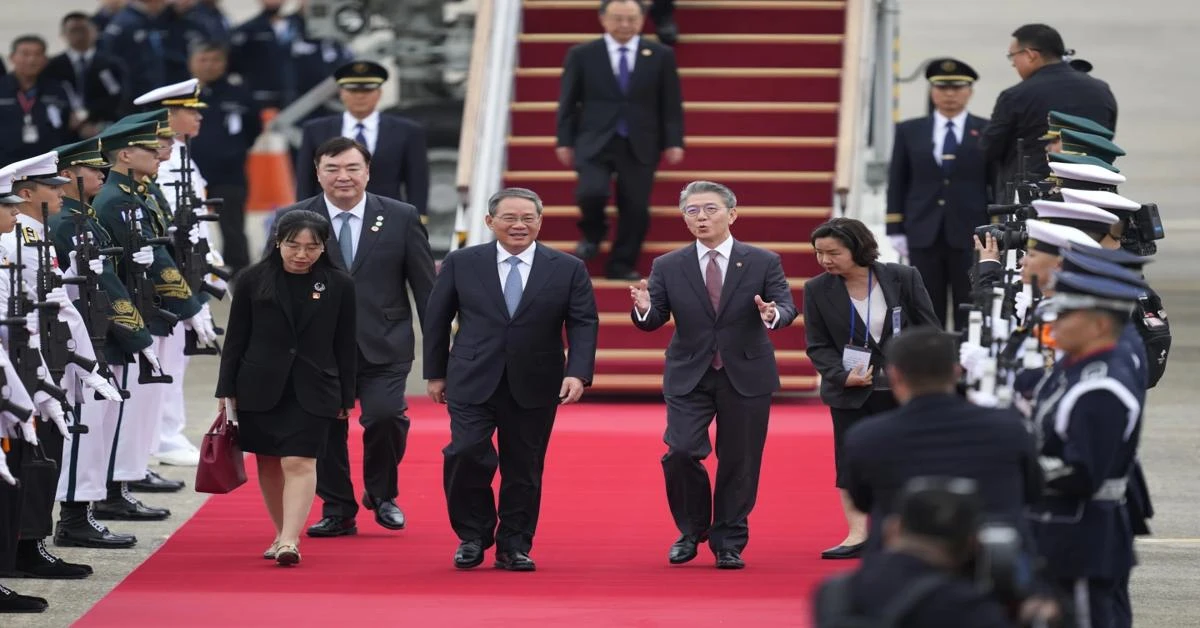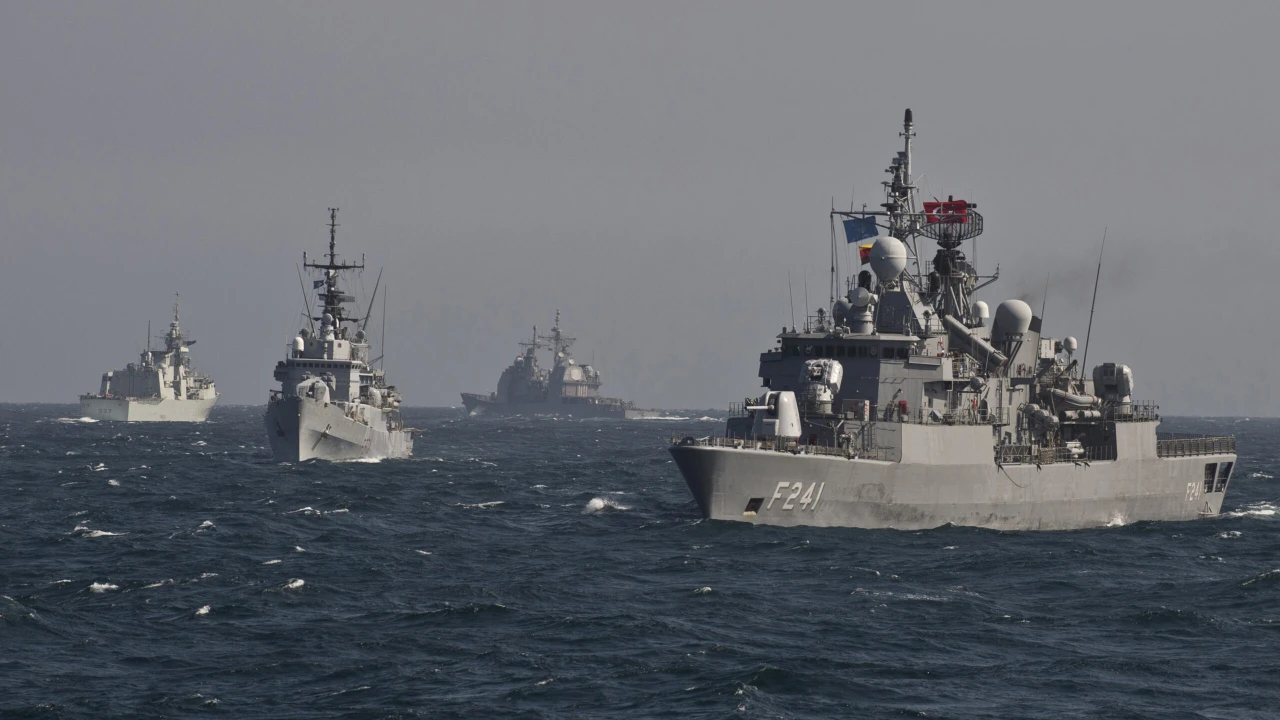China, Japan, South Korea leaders meet to revive trilateral talks

Leaders of China and Japan arrived in Seoul on Sunday to meet separately with South Korea’s president, ahead of their first trilateral meeting in more than four years.
The trilateral South Korea-China-Japan meeting on Monday is not expected to produce major announcements. However, the resumption of high-level talks indicates a mutual intent to improve relations among the three Asian neighbors.
Initially planned to be an annual event since their first meeting in 2008, the trilateral leaders’ meeting has been stalled since December 2019 due to the COVID-19 pandemic and complex regional ties.
After arriving in Seoul, Chinese Premier Li Qiang and Japanese Prime Minister Fumio Kishida are set to hold bilateral talks with South Korean President Yoon Suk Yeol. They will discuss ways to promote cooperation and address other issues, with Li and Kishida expected to have a bilateral meeting as well.
Economic cooperation and regional stability top agenda
During the trilateral session on Monday, Yoon, Li, and Kishida will discuss cooperation in six areas: people-to-people exchanges, climate change, trade, health issues, technology, and disaster responses, according to South Korea’s presidential office.
While sensitive topics like North Korea’s nuclear program, China’s claim over Taiwan, and territorial disputes in the South China Sea are not on the official agenda, experts suggest that North Korea’s nuclear program may still be discussed.
The three countries are significant trading partners and their cooperation is crucial for regional peace and prosperity, collectively contributing to about 25% of global gross domestic product. However, historical and diplomatic disputes, especially those stemming from Japan’s wartime actions, have frequently strained their relations. Additionally, China’s rise and the U.S. efforts to strengthen its Asian alliances have influenced their trilateral ties.
South Korea and Japan, both U.S. military allies, have seen their bilateral relations improve significantly since last year.
North Korea’s recent weapons tests have prompted South Korea, Japan, and the U.S. to expand their trilateral security partnership, which has faced criticism from China and North Korea. South Korea, Japan, and the U.S. hope China will use its influence to persuade North Korea to abandon its nuclear ambitions, though China is believed to have supported North Korea clandestinely.
Experts note that all three countries have reasons to improve ties.
South Korea and Japan seek better relations with China, their largest trading partner, while China likely sees a strengthened South Korea-Japan-U.S. alliance as a threat to its interests.
Before departing Tokyo, Kishida emphasized the importance of the trilateral meeting for discussing cooperation and regional and international issues. South Korean and Chinese officials also expressed hopes for enhanced three-way cooperation.
China has historically sent its premier, the country’s No. 2 official, to these meetings, arguing that the premier is best suited for the economically focused discussions.
However, with President Xi Jinping’s consolidation of power, there may be increased calls for his participation in future meetings.



